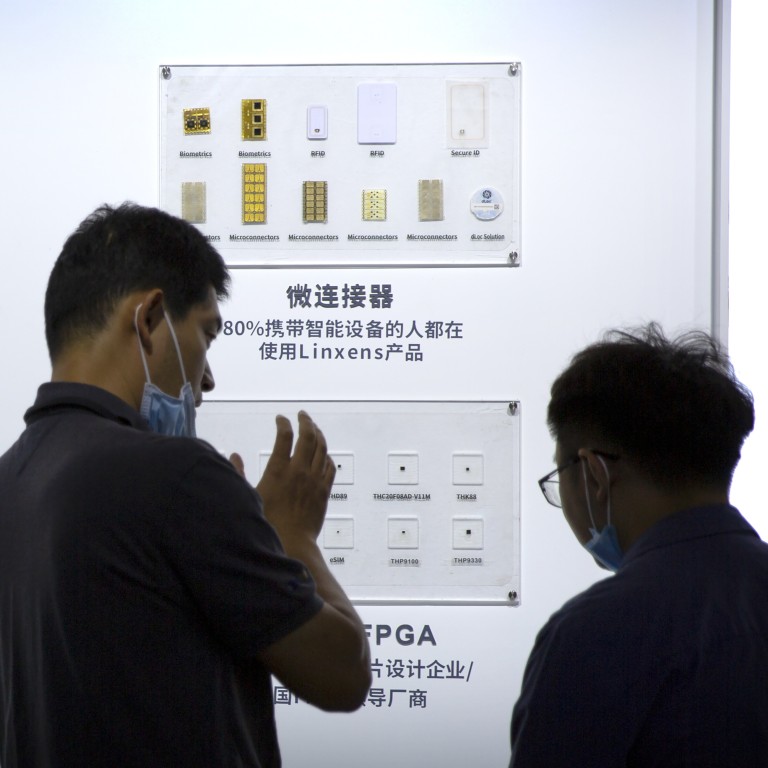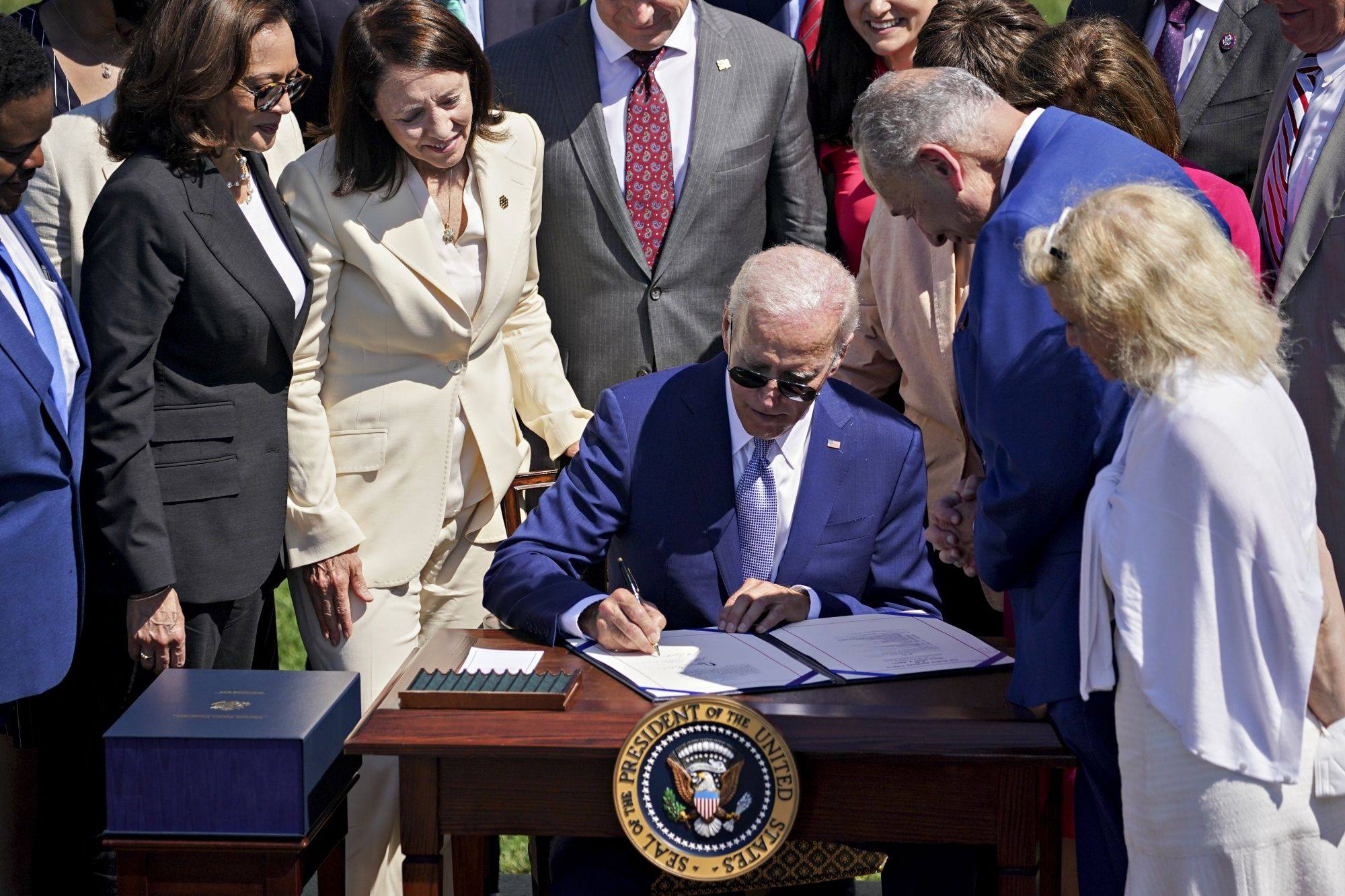
Three more China chip fund executives caught in corruption probe into state-backed investments
- There are now at least five heavyweights connected to the so-called Big Fund under investigation by China’s anti-corruption watchdog
- The corruption investigations come as China is facing strong headwinds in achieving its semiconductor self-sufficiency ambitions
Three more executives connected to China’s state-backed chip industry investment fund are being investigated, the country’s top anti-corruption watchdog said on Tuesday, as Beijing widens a probe that has sent shock waves across the country’s semiconductor industry.
Du Yang, a former director at Sino IC Capital, the sole management entity of the China Integrated Circuit Industry Investment Fund, was under investigation for suspected “serious violations of discipline and laws”, a phrase that usually refers to corruption, as was Yang Zhengfan, a deputy manager at the entity, the Central Commission for Discipline Inspection (CCDI) said in a notice.
Liu Yang, a former manager at Sino IC Capital, was also accused of “serious violations” of law and is being investigated by Beijing discipline authorities, CCDI said.
China’s Big Fund for chips hit by anti-corruption probes
The latest confirmation means at least five heavyweights connected to the so-called Big Fund, which plays a central role in Beijing’s plan to develop a domestic chip value chain, have come under disciplinary probes within a month.
The two other confirmed cases are Lu Jun, former chief executive at Sino IC Capital and Ding Wenwu, the former president of the fund. In addition, Zhao Weiguo, the former chairman of chip maker Tsinghua Unigroup, who had led a slew of leveraged acquisitions in the semiconductor industry, is also under investigation.
While Chinese authorities have yet to disclose details of the corruption probes, including any relationship between the cases, the investigations come as China is facing strong headwinds in achieving its chip self-sufficiency ambitions. On Tuesday, US President Joe Biden signed into law the bipartisan Chips and Science Act, which will make it harder for China to lure foreign chip talent and investments.
China’s state-led approach, with the Big Fund playing a central role in guiding funding flows, has achieved mixed results as the country still relies heavily on foreign supplies and technologies for advanced chips.
At the same time, companies supported by state funds have been able to launch successful initial public offerings in China, creating wealth for their founders and some Big Fund executives.
Advanced Micro-Fabrication Equipment, a listed firm that recruited Sino IC Capital’s Yang as a board member, said in a statement on Tuesday that the probe would not impact their operation and financials.

The Big Fund was set up in 2014 as the Chinese government’s primary investment vehicle to develop the domestic semiconductor sector. Backed by China’s Ministry of Finance, it initially raised 138 billion yuan (US$20 billion) from state investors such as China Tobacco and China Mobile. The fund raised 204 billion yuan in a second round in 2019.
The fund has provided financing to some of China’s most successful chip makers, including Shanghai-based foundry Semiconductor Manufacturing International Corp and memory chip champion Yangtze Memory Technologies Corp. It also backed the once-high-flying Tsinghua Unigroup, at the time seen as the country’s best hope for “tech independence”, but the Beijing-based firm filed for a bankruptcy restructuring after years of debt-fuelled expansion.

